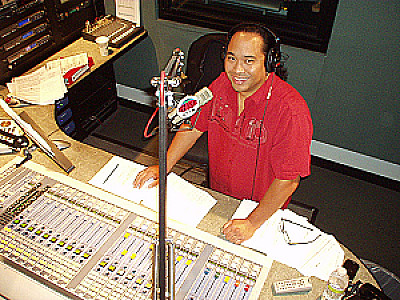Ron Rio Audiobook Sample
Description
Vocal Characteristics
Language
EnglishVoice Age
Middle Aged (35-54)Accents
North American (General)Transcript
Note: Transcripts are generated using speech recognition software and may contain errors.
capitalism must die. How to eliminate wealth disparity and save the middle class. Written by Quinton Ray, narrated by Ron rio chapter one. Is it too late for you? How old are you? If you're over 40, I have distressing news because if you haven't already accumulated a substantial collection of income producing assets, then for you, unfortunately it's too late to build a secure financial future. Or is it I am many trips around the block past 40 myself and like many aging baby boomers, I'm still working far past when I should have been able to retire, but I have no choice. I still like to eat every day. On the other hand, if you are younger than 40, a gen xer millennial or even younger, there definitely is more than enough time for you to turn things around and actually become financially secure, Provided that is you completely reject the traditional economic advice society has been shoveling at you for the past 70 years. By the end of this book, you will learn the modest act of buying a cup of coffee can organically effortlessly transform the out of balance capital centric economy that currently creates most of the wealth distribution logjams in America into a more equitable, accessible and impartial economic environment. Have you ever heard the cliche? If I only knew then what I know now, maybe you've said it yourself. It was a popular catchphrase when I was a boy growing up in rural Appalachia, my grandfather said it all the time, but as a typical self involved kid, I was oblivious to anything, adults were talking about. I was more interested in playing baseball and riding my bike. I couldn't waste time figuring out any nonsense my grandpa was spouting and I certainly was too young to recognize or even comprehend the metaphysical impossibility of actually knowing something before. You know it dang. If I only knew then what I know now the motivation behind that hackneyed old southern platitude is regret or equally envy, saying if only I knew then what I know now really means a person regrets not being aware of some crucial information back when it could have been of great benefit. It's essentially saying, I wish I could have a do over now that I have the benefit of hindsight.
